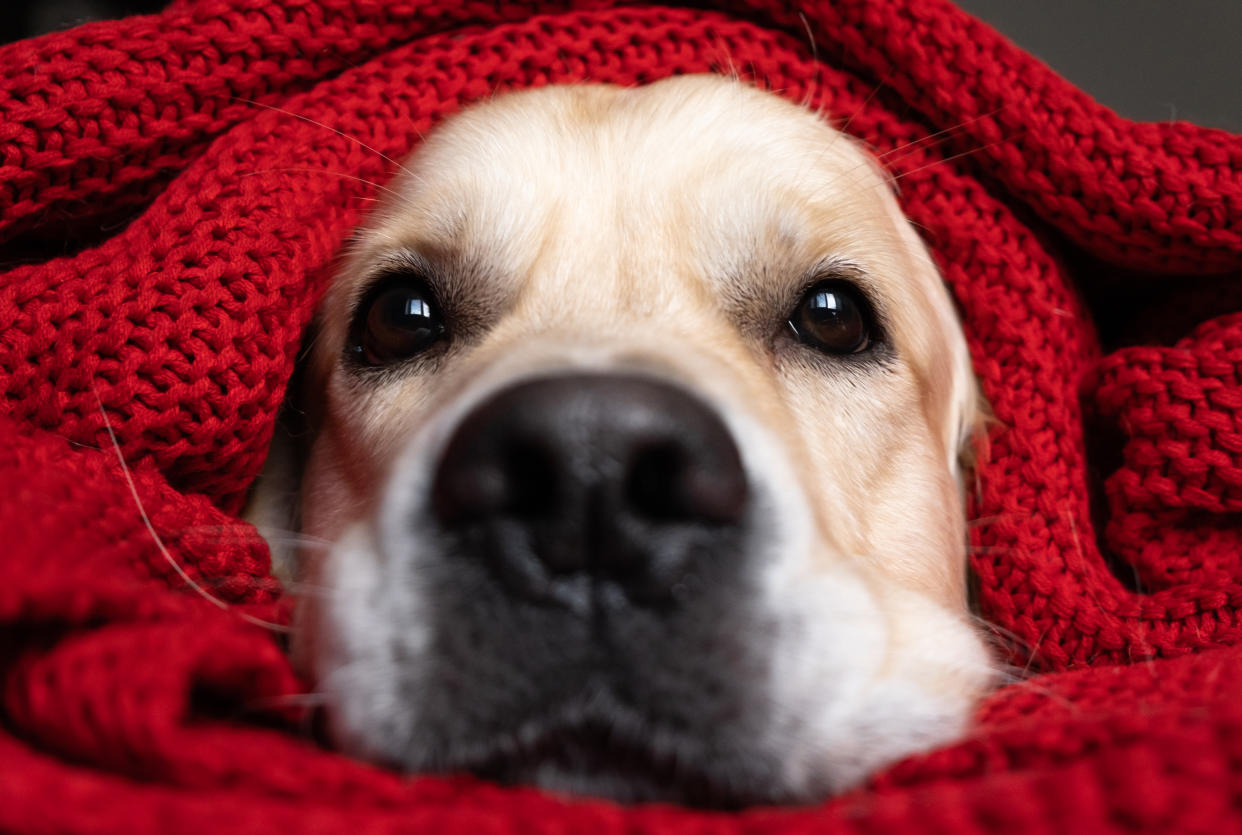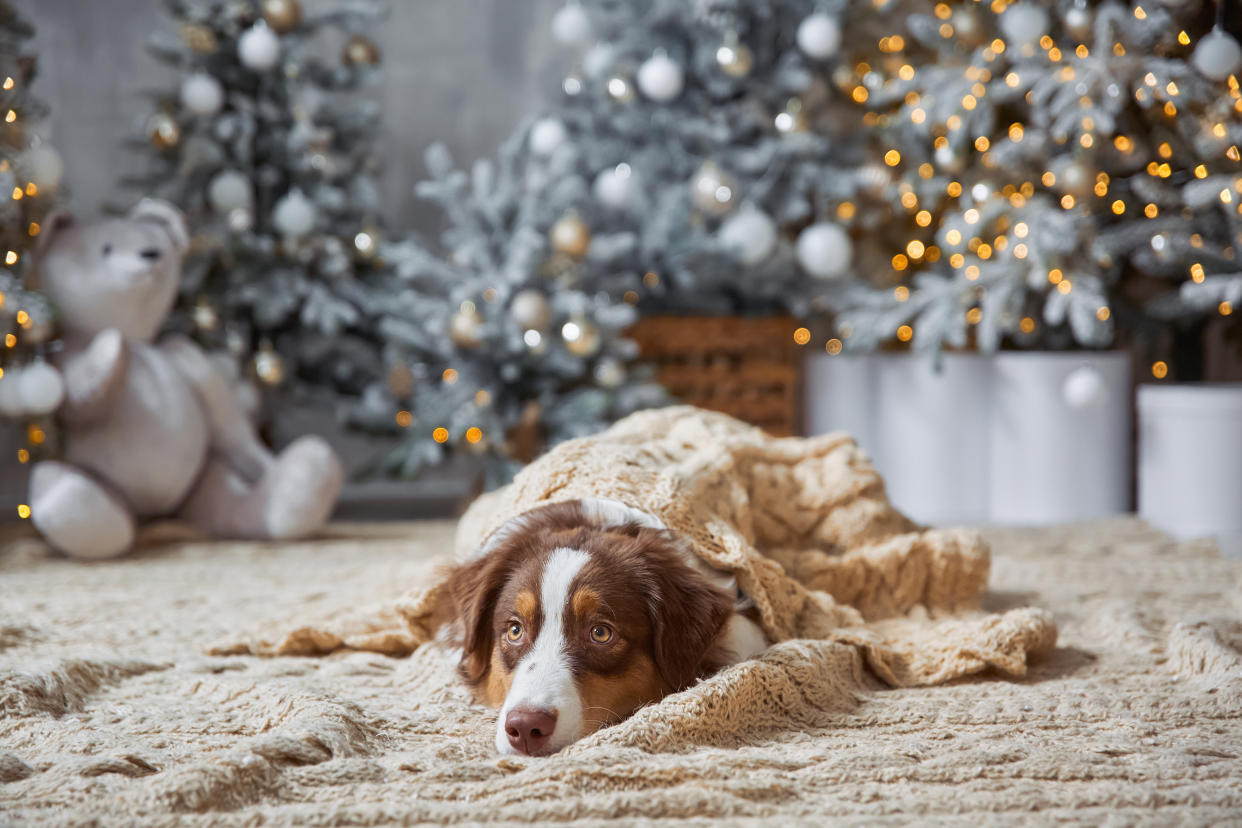A vet explains how to keep dogs safe from respiratory illness outbreak during the holidays

Dogs in at least 16 states have reportedly become extremely sick in recent weeks with a fever, cough, lethargy and other upper respiratory symptoms. Reports of the illness, whose origins and cause are unknown, have made some dog owners reconsider whether to travel with, or board, their dogs this holiday season.
Yahoo News spoke to Dr. Rena Carlson, president of the American Veterinary Medical Association, about what dog owners should know in order to keep their pups safe amid the ongoing outbreak.
Kennel cough or something new?
First, Carlson cautioned against labeling the disease many dogs appear to be contracting as “mysterious.” She noted that upper respiratory infections are common in dogs and, according to the American Veterinary Medical Association, several different viruses and bacteria can contribute to the disease. What is unknown is the cause and origin of the illness and whether all of the different outbreaks spreading across the country are the natural variation of all of the normal upper respiratory outbreaks or a new bug.
“The researchers are working really hard to collect samples and really help get the data we need,” Carlson said. “The thing that makes it a little bit atypical is oftentimes the dogs are testing negative for our normal bugs.”
Carlson added that while a typical case of canine infectious respiratory disease complex, better known as kennel cough, may take one or two weeks to run its course, veterinarians have recently reported seeing dogs with symptoms like cough, sneezing and nasal discharge lingering for six to eight weeks.
How to keep the spread down

Because this new illness appears to be highly contagious, Carlson stressed the importance of making sure all of your dog’s vaccinations are up to date — especially if you’re planning to travel or gather somewhere with other dogs.
She recommended keeping dogs at home and avoiding any kind of kennel, daycare or boarding scenario if your dog has a persistent cough, trouble breathing, runny nose and eyes, or is acting lethargic.
She also urged owners of dogs with existing heart or lung disease, which could compromise their immune system, to take extra precautions to avoid contracting the disease.
However, Carlson said that if your dog doesn’t have any other health risks and you're in an area that hasn’t experienced a major outbreak of the disease, you can probably include your dog in your holiday travels.
“You can’t take the risk down to zero,” she said. “When you have a lot of dogs together, just like when you have a lot of people together, we’re going to spread bugs back and forth.”
Is there treatment?
Carlson said that for most respiratory infections, veterinarians will provide dogs with anti-inflammatories, monitor their oxygen levels, make sure they’re hydrated and provide other supportive care. However, without knowing the definitive cause of the illness, it’s difficult to determine a specific treatment.
“Some of the dogs tend not to be as responsive to antibiotics as we've seen with some outbreaks,” said Carlson. “But if it's viral it won’t really have a cause. Your veterinarian is really going to be able to do that exam, look at the dog, help assess what supportive care they need, how severe the disease is for that individual dog and, of course, institute appropriate care.”
When to see a vet immediately:
The American Veterinary Medical Association advises that if your dog is exhibiting any of these symptoms, to take them to a veterinarian as soon as possible:
Weakness
Loss of appetite
Lingering cough
Loss of appetite
Difficulty breathing
Severe cough that causes vomiting or trouble breathing
Worsening condition
“I know people are worried,” Carlson said. “We want them to be vigilant. We don’t want them to panic, but be able to have a nice holiday with family and friends, as well.”
